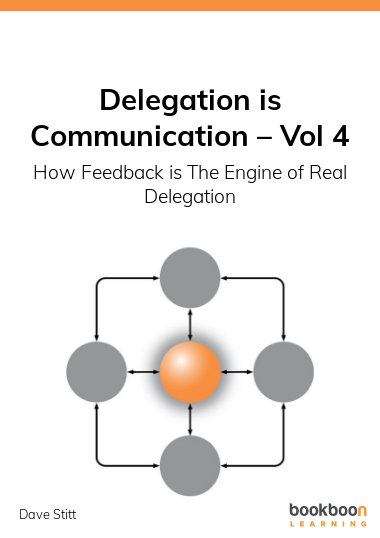When two people join forces to accomplish a big, uncommon result, the communication between them must grow correspondingly richer and more intense. Feedback is the ‘pipe’ through which flow the nutrients of encouragement, advice, and challenge from delegator to delegatee, and back through which flow to the delegator essential intelligence about the endeavour. ‘Big’ ongoing conversations are needed to hold the delegatee to account in a way that builds mutual trust, confidence, and goal-excitement. We set out a simple method you can use for conducting the Delegation Feedback Conversation.
About the Author
Dave Stitt is a Professional Certified Coach and Chartered Civil Engineer who has been coaching executive teams in the construction industry for more than two decades. Before that, he rose to senior management positions in national construction and engineering firms, leading a number of successful corporate transformation programmes. He has raced in over a hundred triathlons, representing Great Britain in the 1991 Triathlon World Championship in Australia. His books include Coach for Results and Deep and Deliberate Delegation: A New Art for Unleashing Talent and Winning Back Time.


